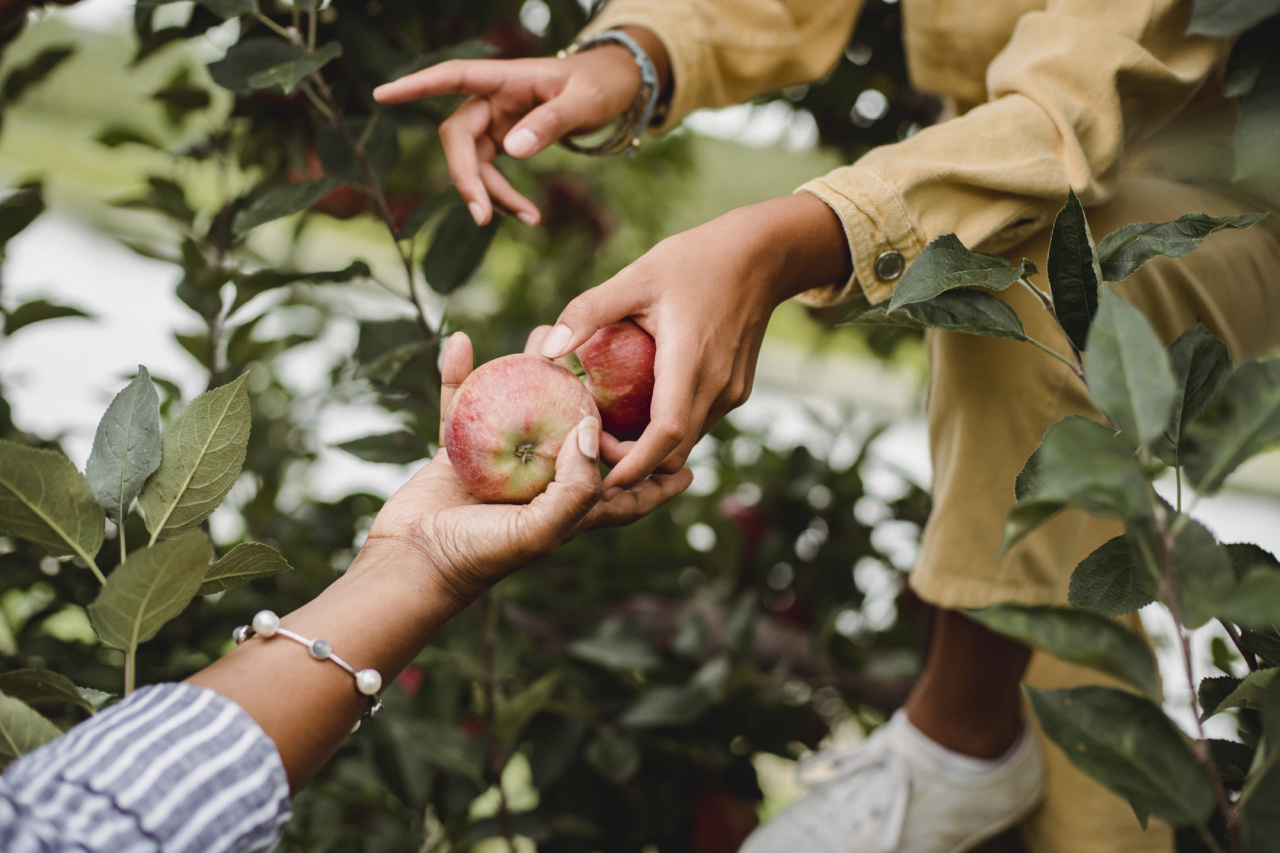Constipation is an uncomfortable condition that can affect our feline friends.
Just like humans, cats can experience difficulty in passing stools due to various reasons such as dehydration, lack of fiber in their diet, or even certain medical conditions. If your cat is showing signs of constipation, it is important to address the issue promptly to avoid any further complications.
While conventional treatments are available, incorporating natural foods into your cat’s diet can also help relieve constipation and promote overall digestive health. In this article, we will explore some natural foods that can help with cat constipation.
1. Pumpkin
Pumpkin is a fantastic natural remedy for cat constipation. It is rich in fiber and helps soften the stool, making it easier for your cat to pass. Additionally, pumpkin is packed with water, which aids in hydration and promotes regular bowel movements.
2. Olive Oil
Olive oil is not only a healthy addition to our diet but also beneficial for cats. Adding a small amount of olive oil to your cat’s food can lubricate the digestive tract and make it easier for the stool to pass through.
Be sure to start with a small quantity and gradually increase it, as too much oil may have a laxative effect.
3. Flaxseed
Flaxseed is an excellent source of fiber and omega-3 fatty acids, making it an ideal natural food for constipated cats. The fiber content helps add bulk to the stool while the omega-3 fatty acids reduce inflammation in the digestive tract.
However, it is essential to grind the flaxseeds before feeding them to your cat since their small bodies cannot break down whole seeds effectively.
4. Coconut Oil
Coconut oil has numerous health benefits, including its potential to alleviate constipation in cats. It acts as a lubricant for the digestive system and helps regulate bowel movements.
Start by feeding your cat small amounts of coconut oil and monitor their response to determine the right dosage.
5. Bone Broth
Bone broth is a nutritious and flavorful liquid made by simmering animal bones, such as chicken or beef bones. It is rich in essential nutrients like collagen and gelatin, which can help improve digestion and alleviate constipation in cats.
You can offer bone broth to your cat as a supplement or mix it with their regular food.
6. Psyllium Husk
Psyllium husk is an excellent source of soluble fiber that can help regulate bowel movements in cats. It absorbs water in the intestines and forms a gel-like substance, adding bulk to the stool and easing its passage.
However, it is important to consult your veterinarian for the appropriate dosage and to ensure it is suitable for your cat’s specific condition.
7. Green Leafy Vegetables
Adding green leafy vegetables like spinach or kale to your cat’s diet can provide an added boost of fiber and hydration. These vegetables are also rich in vitamins and minerals that support overall digestive health.
Make sure to finely chop or puree the vegetables before serving them to your cat to aid in their digestion.
8. Probiotics
Probiotics are beneficial bacteria that promote healthy gut function. They can help regulate bowel movements and improve digestion in cats.
You can find probiotics specifically formulated for cats at pet stores or consult your veterinarian for suitable options.
9. Water
Dehydration is a common cause of constipation in cats. Ensuring your cat has access to fresh, clean water at all times is vital for their overall health and proper digestive function.
If your cat is not drinking enough water, you can try feeding them wet food or adding extra water to their dry food.
10. Hydrating Wet Food
Feeding your cat wet food can be beneficial for their digestive system and help alleviate constipation. Wet food has a higher water content compared to dry kibble, which helps keep your cat hydrated and the stool soft.
However, it is essential to choose high-quality wet food with balanced nutrition.
Conclusion
Constipation in cats can be uncomfortable and concerning, but with the right approach, it can be effectively managed.
Incorporating natural foods into your cat’s diet, such as pumpkin, olive oil, flaxseed, coconut oil, bone broth, psyllium husk, green leafy vegetables, probiotics, water, and hydrating wet food, can help alleviate constipation and promote overall digestive health. Remember to introduce any new foods gradually and consult your veterinarian before making significant changes to your cat’s diet.




























